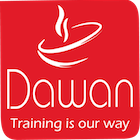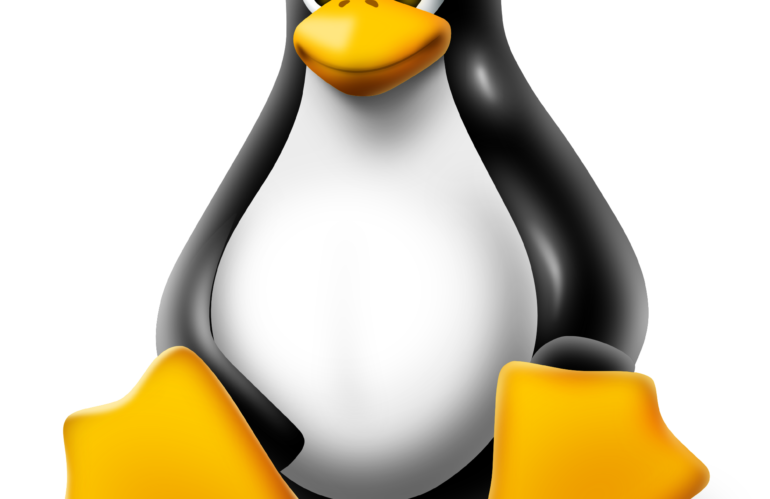Goals
- Understanding the OpenSource / Linux world
- Knowing how to install a Debian distribution
- Knowing the basics of using Linux
- Knowing the main Linux daemons (Apache, MySQL / PostGreSQL, Postfix, Cups, Samba / NFS)
Program
Roles of the administrator
Understanding of technological issues and anticipation of needs
Standards and their implementations
Reminders on the principles of mounting units
Physical characteristics and strategic choices
SAT / SAS disks and SCSI disks
USB storage media (disks, sticks)
Primary partitions and the extended partition of a disk
Adding a disk, the fdisk command
Partitioning techniques (LVM and RAID)
The different file systems: ext4, and presentation of reiserfs, xfs and jfs
The mounting of file systems: mount, the automounter and the / etc / fstab file
Construction file systems, integrity check
Practical workshop : Partitioning and manual formatting of a drive
Starting the system: from boot to connection
Starting the system: boot, grub, the kernel and its arguments
Activating processes: the init process, the inittab file
The startup scripts, customization
User
management Commands for managing users and groups User
account configuration files, templates / etc / skel / *
Logon mechanisms
Clean system shutdown
Hardware information
Configuration and management of device drivers
Process
management Service management
Operation and log management
Package manager via apt-get / aptitude / dpkg (configuration, software installation, choice of sources, handling of packages, manual installations)
Debian policies, system update
Practical workshop : Using the different tools
Reminders on network administration
Advanced configuration of the various interfaces
Some associated services: (x) inetd, the SSHd server
Hands-on workshop: Managing network services
The kernel Recompiling the kernel: usage
Apply a patch
Performance management
Resources to monitor: CPU and memory, processes, users and file systems
Disk space and quota management
Debian system monitoring tools
Archives handling (tar, gzip …)
Advanced permissions on files (associated with file systems)
Scheduled tasks (Cron)
Traces System audit, which method for which uses?
Acquisition, centralization, and rotation of logs
Backup by tar, cpio and dd
Network backup tools: rsync, partimage
Incremental backups, tapes, the mt command
Practical workshop : Setting up a backup
Security at the level of the IP protocol
Operation of the Netfilter software
Configuration tools (Iptables and interfaces)
Practical workshop : Configuring a firewall
Theory of network file systems
The UNIX Network File System
protocol The Microsoft SMB protocol
Presentation of solutions under Linux (NFS and Samba)
Practical workshop : Setting up network shares
Standards and implementations
How a web server works
Basic
configuration for Apache Basic configuration for MySQL
PHP integration
Hands-on workshop: Installing and configuring LAMP
Name server theory
Strategic and technical issues
Solutions: Bind and DjbDNS
Practical workshop: Installing a DNS cache
Operating principle: the SMTP protocol
The associated vocabulary
The difficulties to be overcome
The extensions to be provided (mailing lists, security, etc.)
The various SMTP software (Sendmail, Qmail, Postfix, Exim)
Practical workshop : Installing Postfix and configuring in relay mode
Duration
5 days
Price
£ 2070
Audience
System administrators
Prerequisites
Knowledge of Linux usage
Reference
LIN671-F
Sessions
Contact us for more informations about session date

